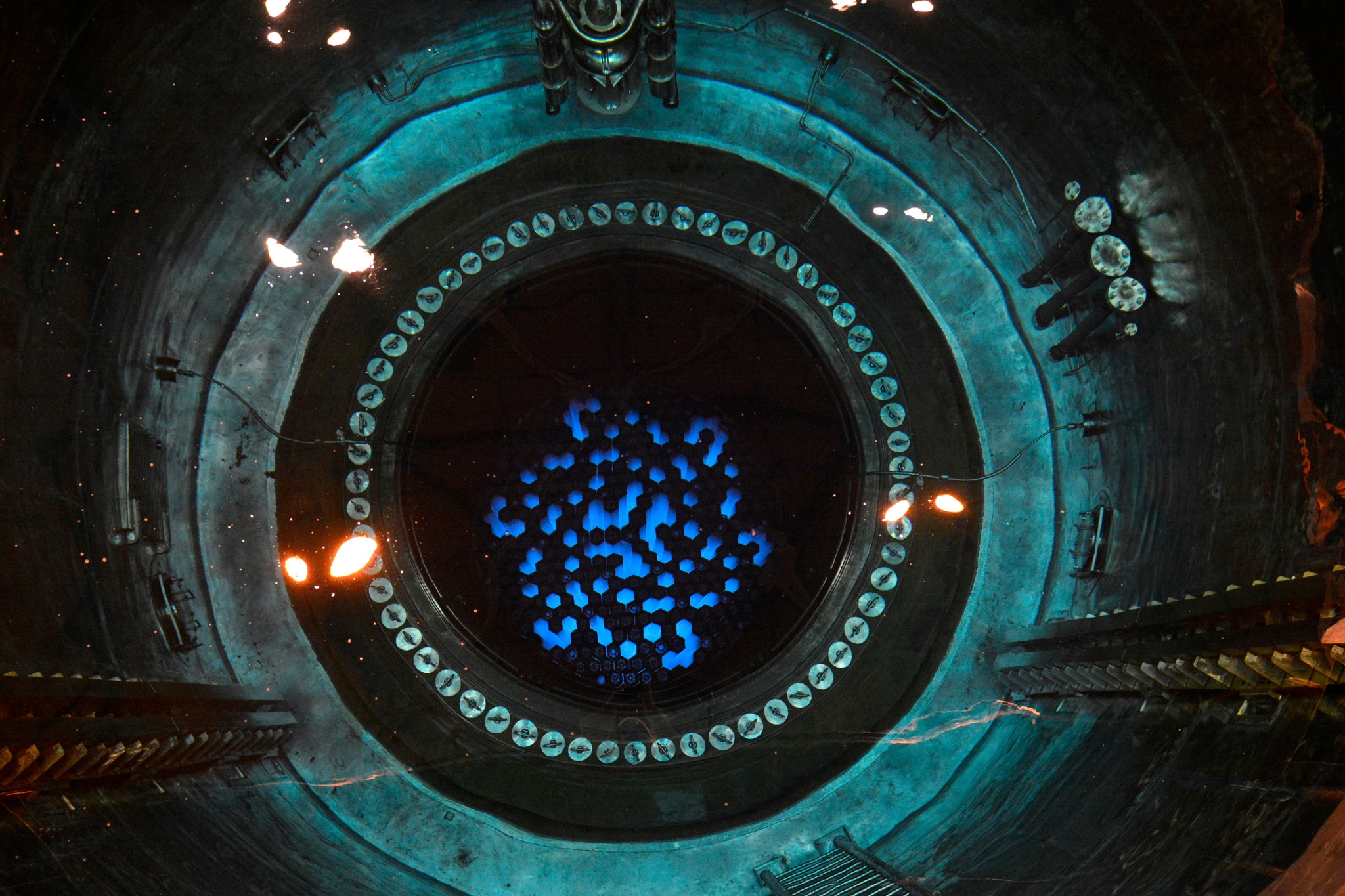
The issue of green transition has been politicized, according to Péter Szijjártó.Continue reading

Several Belgian NGOs are taking the Belgian state and energy company Engie-Electrabel and transmission system operator Elia to court over the closure of the Doel 3 and Tihange 2 nuclear power plants, the RTBF news reported on Wednesday.
The action is being led by the pro-nuclear civil movement 100 TWh, which initiated the revision of the so-called Deleuze law of 2003. This law laid the foundations for the phasing out of nuclear energy in the country.
100 TWh argues that energy supply cannot be guaranteed in Belgium without the involvement of nuclear energy.
Its members are opposed to the permanent closure of the nuclear power plants, calling instead for them to be simply suspended and put back into operation when the country needs the energy they produce.
According to the organization, the Belgian government’s plan to rely on huge foreign imports and new gas-fired power plants is not a solution to energy security because both are unreliable sources. 100 TWh believes that 100 percent renewable energy is a “delusion” and that the country needs a reliable energy supply.
Another pro-nuclear organization, Association Vinçotte Nuclear (AVN), announced on Wednesday that it had filed an injunction with the court to prevent the decommissioning of the Doel 3 nuclear power plant before the public inquiry, and environmental and health report required by European law. AVN believes that the legal conditions for the permanent closure of the plant have not been met.
Greenpeace Belgium, on the other hand, welcomed the final closure of Doel 3 on Friday. According to Jan Vande Putte, the international environmental organization’s domestic energy expert, the move marks Belgium’s entry into a new phase of the green transition.
Under the original government plans, Belgian nuclear power plants were to be shut down by 2025.
In the wake of the Russia-Ukraine war and rising energy prices, the Belgian government decided to extend the lifetime of the Doel 4 and Tihange 3 reactors by ten years until 2035, thus ensuring energy security.
Nuclear energy currently provides about 40 percent of Belgium’s energy supply.
The main part of the proposed eighth sanctions package which concerns Belgium the most is not energy but diamonds. With the world’s biggest diamond trading hub being in Antwerp, Belgium heavily opposed a ban on imports of diamonds from Russia. Eventually, this kind of ban did not become a part of the latest sanction package, instead the European Commission wants to bar “certain elements used in the jewelry industry such as stones and precious metals,” which probably means that Alrosa, Russia’s largest diamond mining firm will be sanctioned.
Meanwhile, this year, the European Union labeled nuclear energy as green energy, clearing the way for its frequent use despite fears and opposition.
Hungary has taken the position from the beginning that nuclear energy is necessary, and the government’s view has been reinforced by the Russian-Ukrainian war and the energy crisis. Foreign Minister Péter Szijjártó recently said that it must be made clear that without nuclear energy there is no secure energy supply, no affordable energy in Europe. “Nuclear energy capacities reduce dependency in a fully energy-dependent environment, so it can be said that nuclear energy capacity equals our sovereignty,” Szijjártó explained, referring to the construction of the Paks nuclear power plant in Hungary.
Featured photo via Pexels